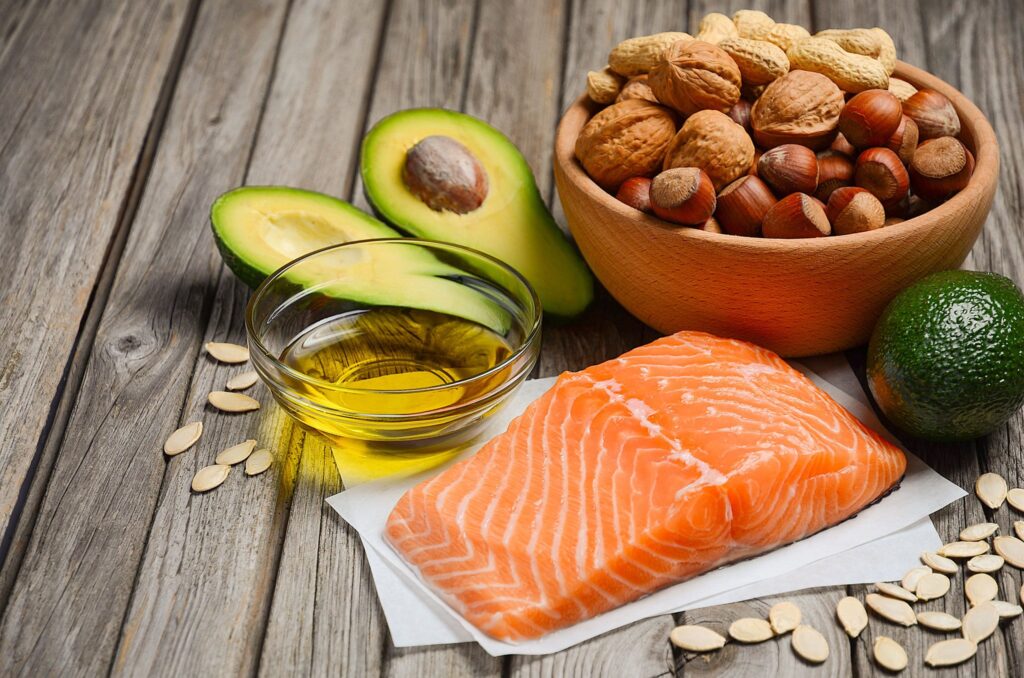By Rachel Ellen Green, CPT
Many of us use supplements to improve our health and brain performance. Did you know you can get better performance through consumption of the right whole foods? In our previous article, we discussed Neurologist Recommended Supplements for Brain Health. Although you should take supplements, many of your nutrients should come from whole foods. I recently met with Dr. Eric Hassid, a neurologist and holistic practitioner for Sutter Medical Group, to discuss brain and immune health. Dr. Hassid recommends a diet focused on consuming foods that fuel your mitochondria to optimize long term brain health.
Mitochondria are located within cells and create energy. In addition to creating energy, studies show mitochondria may improve cognitive function and increase neuroplasticity. Neuroplasticity is the formation or reorganization of synaptic connections in the brain. You can eat specific foods to improve mitochondrial function and overall brain function.
Mitochondria Boosting Foods
Foods in the mitochondria diet lower inflammation and improve energy production. The brain is full of mitochondria and declines in function with age. This diet is high in antioxidants, anti-inflammatory foods, and healthy fats.
• Protein: Protein is full of amino acids that protect the mitochondria. Try including a source of protein with every meal. Some protein options include beef, turkey, fish, chicken, or eggs. For vegetarians or vegans choose legumes and soy proteins.
• Omega-3: Fatty acids construct the mitochondria membrane. You can get these through fish, nuts, and eggs.
• Healthy fats: Mitochondria run on both fat and carbs. Healthy fats like avocado, coconut oil, olive oil, and fatty fish provide energy for the mitochondria.
• MCT: MCT oil is extracted from coconut oil. MCT’s, or medium-chain triglycerides, support mitochondrial function, improve cognition, and modulate inflammation. You can get MCT’s from coconut products, but the oil has greater amounts of high-quality fats.
• Antioxidants: Antioxidants prevent damage to your cells which can improve mitochondrial function. Try eating foods high in antioxidants like blueberries, pomegranate seeds, and other berries.
• Cruciferous vegetables: Cruciferous vegetables reduce inflammation and contain phytonutrients which are important for brain function. Include veggies like broccoli, cauliflower, brussels sprouts, cabbage, bok choy, and arugula into your diet. These contain sulfur which eliminate toxins.
• CoQ10: CoQ10 may slow progression of neurodegenerative diseases and prevent oxidation of cells. Some sources of CoQ10 include salmon, tuna, liver, whole grains, and olive oil.
• Low Glycemic Index Foods: Glycemic Index is a value based on the speed in which foods can increase your blood glucose levels. Proper blood glucose regulation helps maintain low insulin levels which can protect your mitochondria and improve brain function. Some low glycemic foods include non-starchy veggies, beans, fruits, and low processed grains (brown rice, whole barley, millet, etc.).
Take the time to evaluate your diet and incorporate mitochondria boosting foods. Your brain and energy levels will thank you. For more information on improving memory and brain health, Click Here.


